Tiergarten öffnet mit Einschränkungen

Der Tiergarten ist ab dem 24. Januar 2025 wieder mit Einschränkungen für Gäste geöffnet: Unter anderem sind alle Häuser, in denen Vögel frei fliegen,...
If you try to work in a sustainable manner, you strive to preserve nature and the environment for future generations. But how can you, as a consumer, find out which products actually comply with this claim? Advertisements promise a lot, and sticking on a label or two is easy. But can we understand the criteria which need to be fulfilled for the certification of an ecologically sound product?
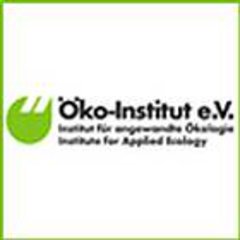
Which products are truly ecological products? How can I use existing appliances in a meaningful way? The Öko-Institut e. V. (in Germany) publishes its findings, either in the form of helpful product recommendations for consumers or as tips for environmentally responsible use of appliances.
Regional products reach the shop shelves freshly harvested from the fields and with short transport distances. Since 1997, the initiative "Original Regional" has promoted marketing of regional products and services provided by small and medium-sized companies from the Nuremberg Metropolitan Region.
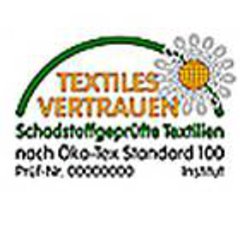
The Swiss certification "Öko Tex Standard 100" has existed since 1992. It marks textiles which comply with limits for specific harmful substances. "Öko Tex" comprises 43 test institutions world-wide, which use a uniform and annually revised list of criteria for testing for harmful substances.
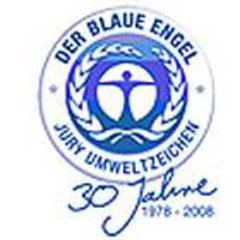
Almost everyone (in Germany) will have bought a product marked with this sign: the "Blue Angel", marking items which are more environmentally-friendly than other similar products. The certification was introduced in 1978, and it is the world's oldest environmental certification.
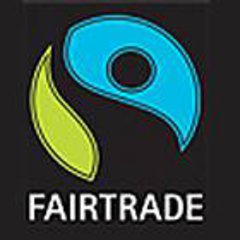
Since the early 1990s, socially committed people have bought their coffee in "Third world Shops". Products marked with the "TransFair" label guarantee to customers that this product enabled the producer to make a decent living. Meanwhile the Fair Trade sign also takes into account environmental aspects. Fair trade products are also available in many supermarkets now.
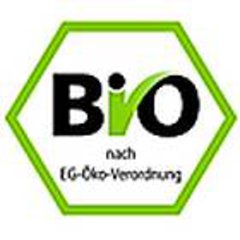
Until 2009, the green hexagon with "BIO" written in black will be the label certifying organically produced food. The criteria for awarding this organic label are precisely worded in the EU Regulation on Organic Food Production. From 2009 on, there will a uniform EU-wide certificate for organically produced food.
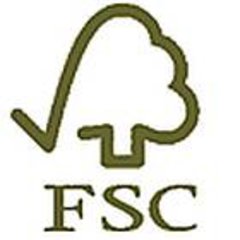
The Forest Stewardship Council (FSC) is committed to the goal of saving our forests. This objective is to be achieved by environmentally compatible and sustainable management of forests. If you want to support the FSC's work, look out for the FSC seal when buying furniture, timber and paper products.
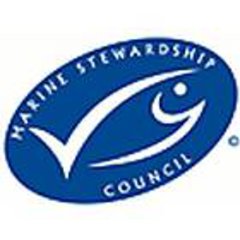
The Marine Stewardship Council (MSC) was founded in 1997 by the British-Dutch food group Unilever in co-operation with the nature protection organisation, WWF. Since 1999, the MSC has been independent. Its environmental seal certifies fisheries world-wide according to internationally accepted principles.